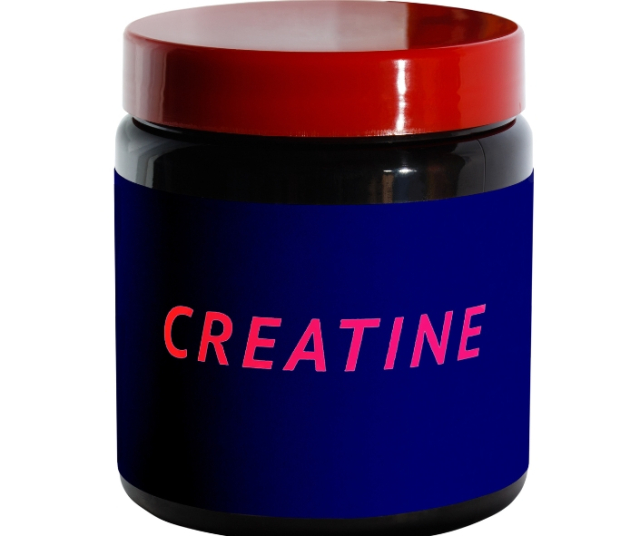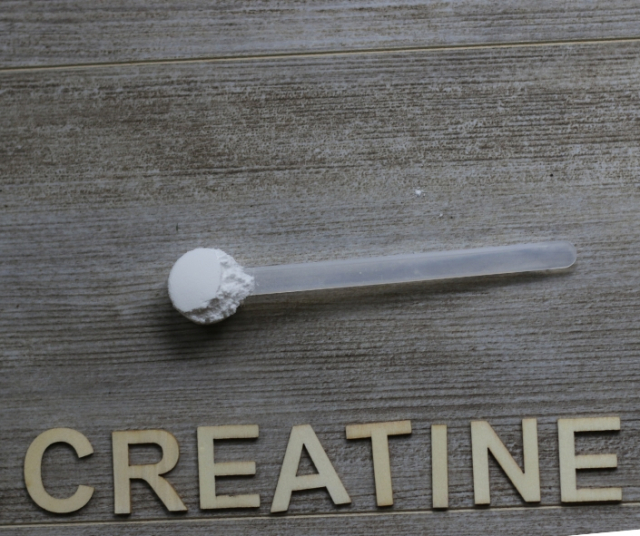Creatine is one of the most popular supplements in the fitness and nutrition industry, used by athletes, bodybuilders and active people in general to improve physical performance and increase muscle mass. This article explores in detail every aspect related to creatine, from its production to its marketing and final use.
Creatine production.
Creatine is produced both naturally in the human body and through industrial processes for supplementation. The main production methods are described here:
Endogenous production.
Creatine is mainly synthesized in the liver, kidneys and pancreas from amino acids such as glycine, arginine and methionine. This natural process provides a sufficient amount of creatine to meet the body's daily needs for most people.
Industrial production.
Creatine used as a dietary supplement is produced on an industrial scale from natural sources such as beef and fish, as well as through chemical synthesis in the laboratory. Production methods include extraction of creatine from meat, purification and drying to obtain creatine powder, as well as chemical synthesis from compounds such as sarcosine and cyanide.
Extraction of creatine from meat.
Beef and fish are rich sources of creatine. To produce creatine from these sources, an extraction process is carried out in which the creatine is separated from the rest of the meat components. This process usually involves grinding the meat, followed by filtration and purification to obtain a concentrated creatine extract.
Chemical synthesis.
Creatine can also be produced through chemical synthesis in the laboratory. This method involves combining chemical compounds such as cyanamide and sarcosine to form creatine. While this process is less common than extracting creatine from natural sources, it offers a viable alternative for producing high-purity creatine.
Uses and benefits of creatine.
Creatine has been widely used as a dietary supplement for decades due to its various health and physical performance benefits. Below are the main uses and benefits of creatine:
Improved sports performance.
One of the best-known benefits of creatine is its ability to improve sports performance, especially in high-intensity, short-duration activities. Creatine increases phosphocreatine levels in muscles, providing additional energy during intense exercise, such as weightlifting, sprinting, and explosive activities.
Increased strength and power.
Several studies have shown that creatine supplementation can increase muscle strength and power, allowing athletes to lift more weight and generate more power during training. This increase in strength and power can lead to significant improvements in athletic performance and trainability.
Increase in muscle mass.
In addition to improving athletic performance, creatine can also promote muscle growth and hypertrophy. Creatine has been shown to increase muscle protein synthesis and reduce protein breakdown, resulting in increased lean muscle mass and faster recovery after exercise.
Cognitive benefits.
In addition to its effects on physical performance, creatine may also have cognitive benefits. Creatine has been shown to improve brain function, increase concentration, reduce mental fatigue, and promote overall brain health. These effects can be especially beneficial during activities that require concentration and focus, such as studying or intellectual work.
Marketing of creatine.

Creatine is marketed globally through a variety of channels, including supplement stores, pharmacies, supermarkets, online stores, and gyms. Here are the main aspects related to the marketing of creatine:
Retail distribution.
Creatine is distributed through a wide network of retailers, from large chain stores to specialty nutrition and fitness stores. Manufacturers work closely with distributors and retailers to ensure the availability of the product in the most important points of sale and guarantee its visibility in the market.
Marketing and promotion strategies.
Marketing plays a crucial role in promoting creatine, with strategies designed to increase brand awareness and educate consumers about its benefits. This may include advertising campaigns in traditional and digital media, sponsorships of sporting events, social media promotions, and collaborations with well-known athletes and coaches.
Labeling and certifications.
Creatine products are subject to strict regulations regarding labeling and certifications. Labels must include detailed information on ingredients, nutritional information, instructions for use, and relevant warnings. Additionally, some products may carry quality seals and certifications from independent organizations that guarantee their purity and safety.
Creatine is a popular and widely studied dietary supplement that offers a variety of health and physical performance benefits. From its production to its marketing and final use, creatine goes through a complex process that involves the selection of raw materials, manufacturing, marketing and distribution. With a focus on quality, safety and effectiveness, creatine continues to be a popular choice for those looking to improve their athletic performance, increase their muscle mass and promote their overall health.






